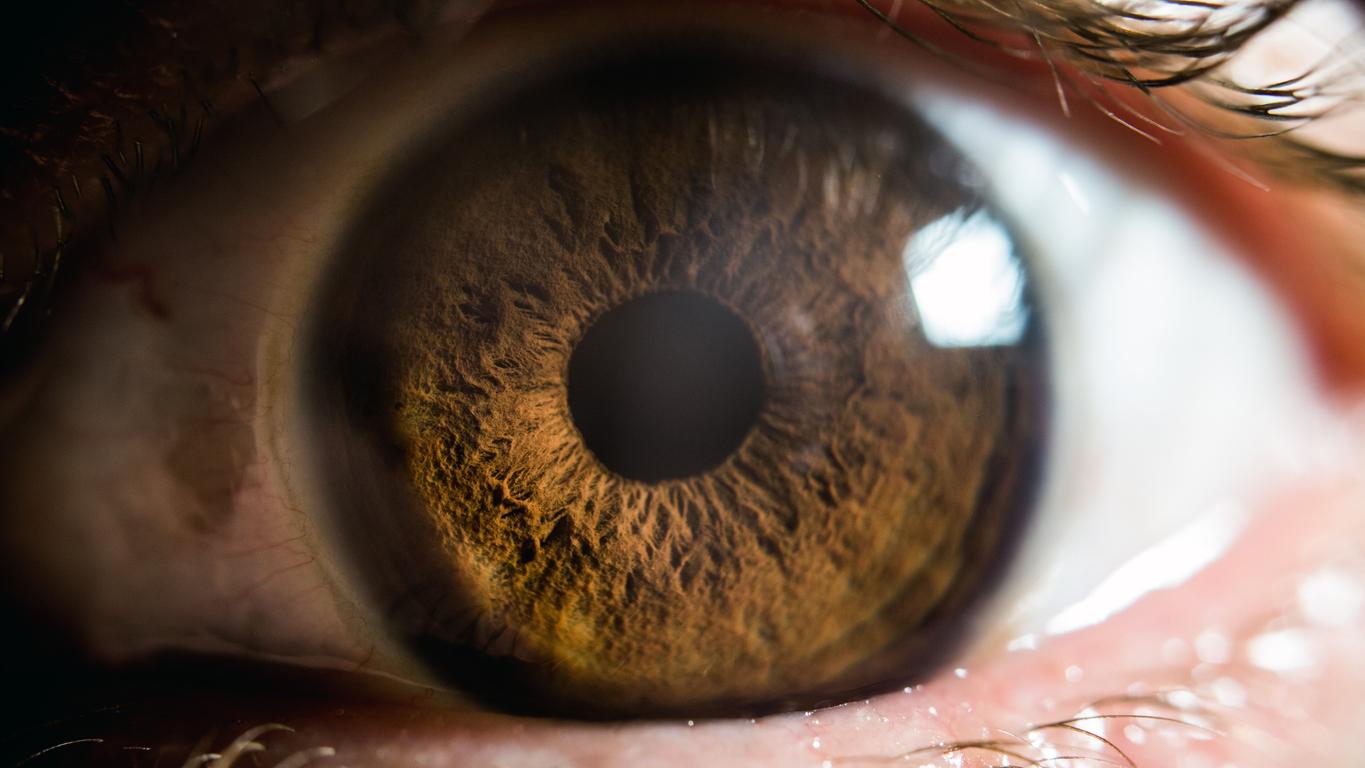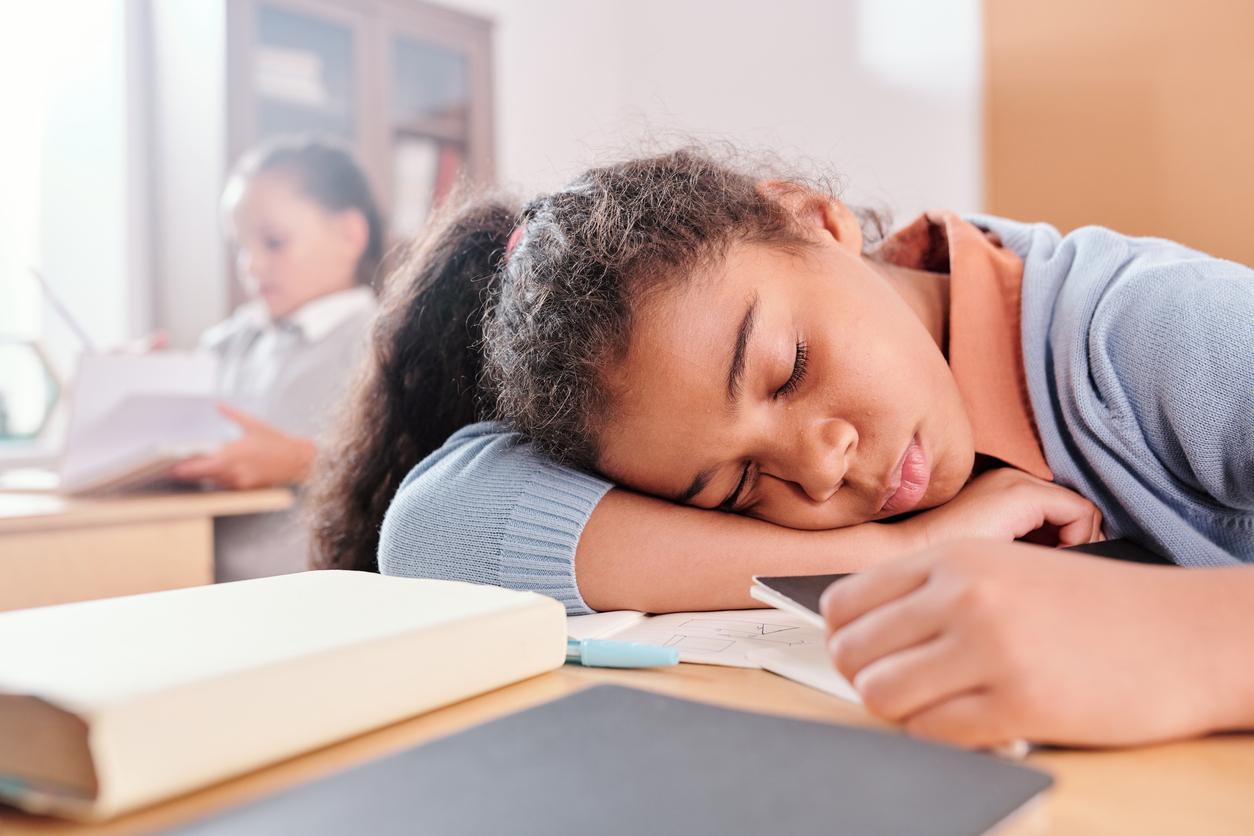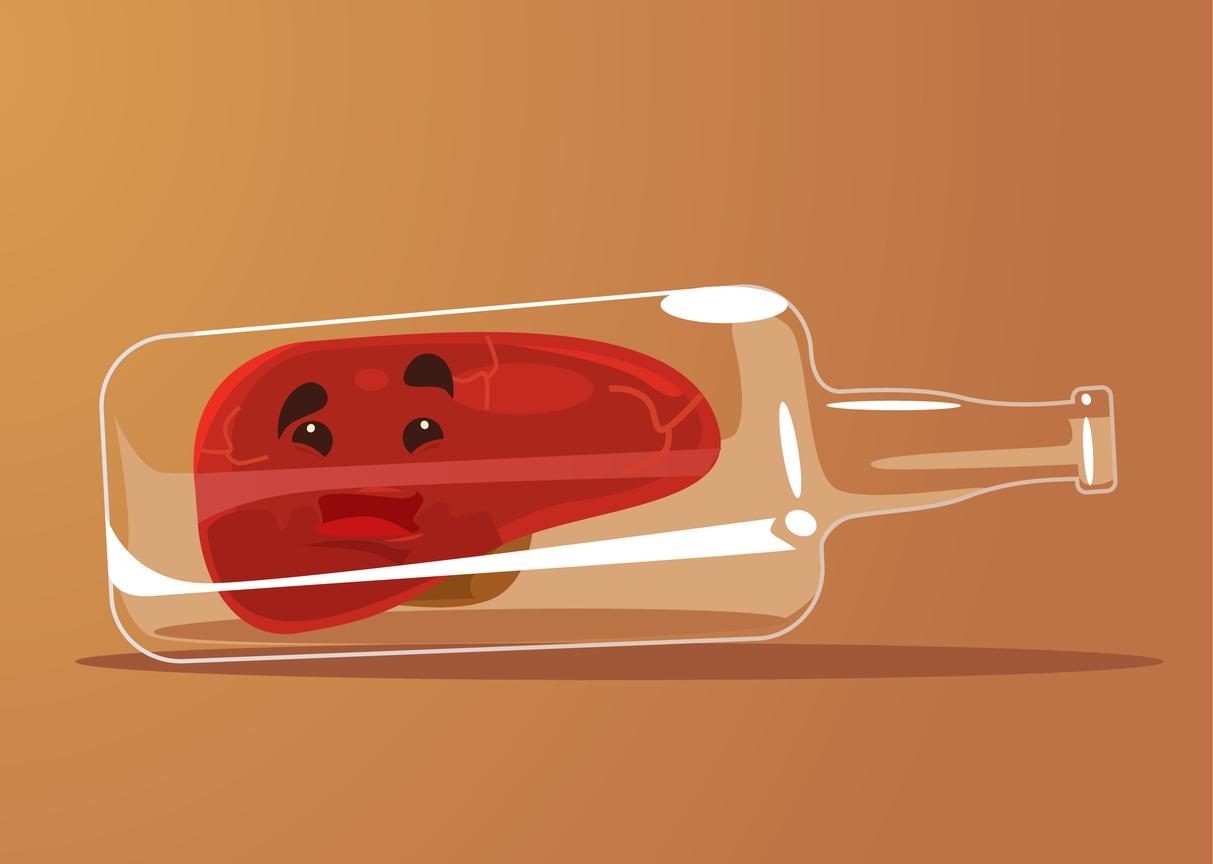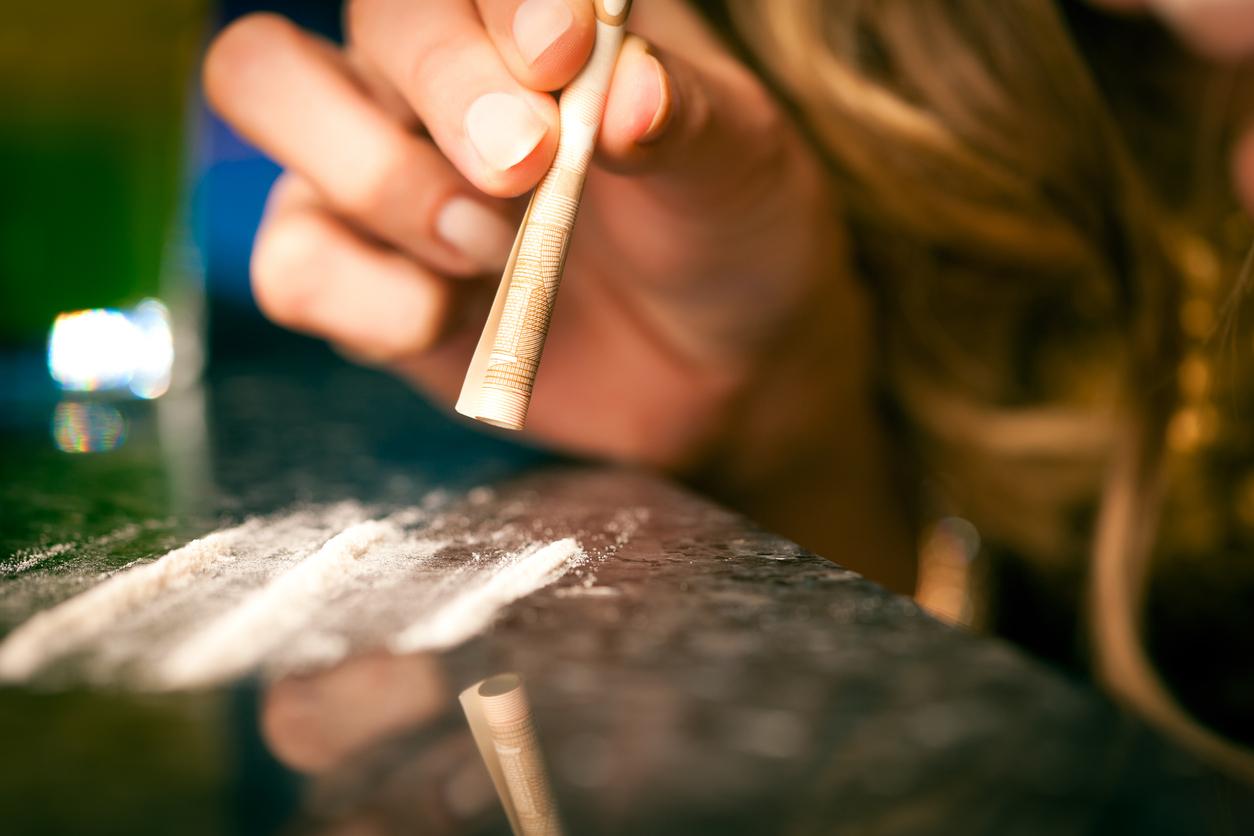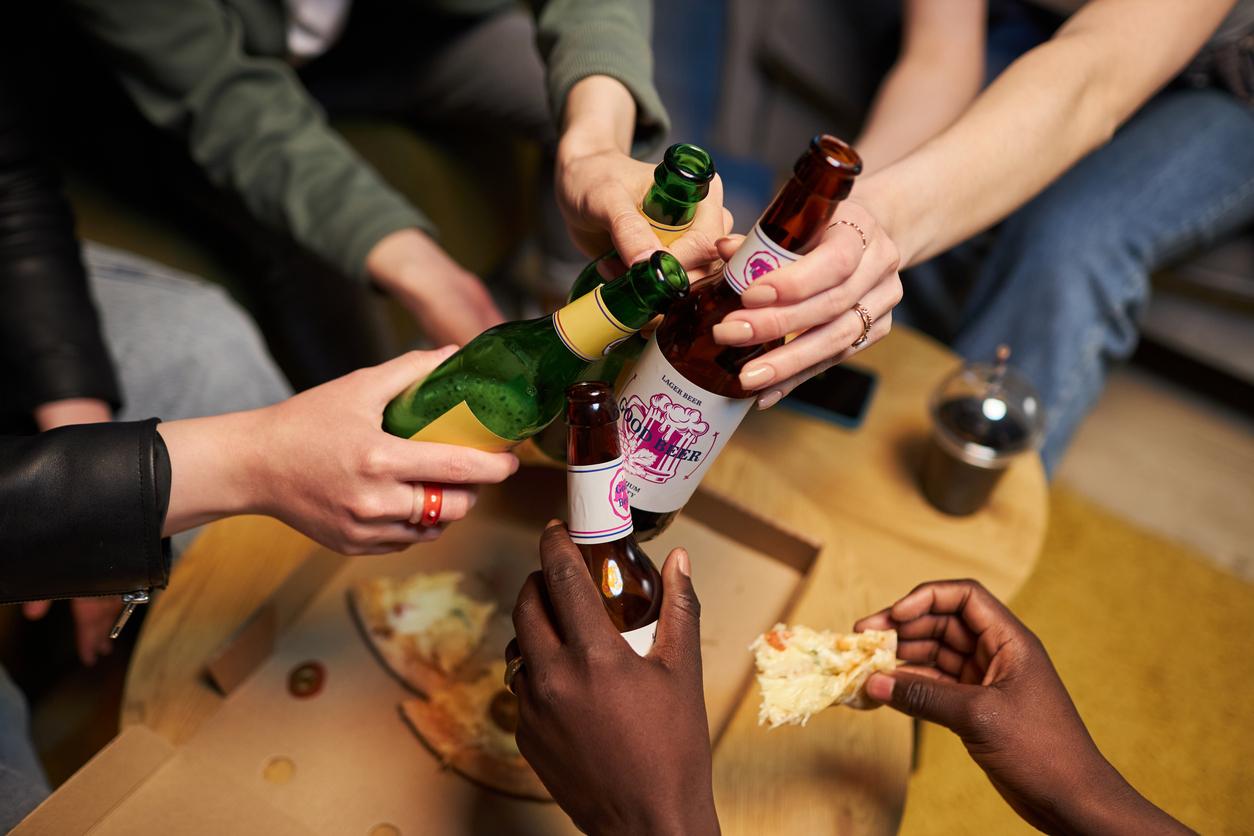Being motivated by a real purpose in life can influence students’ drinking decisions.
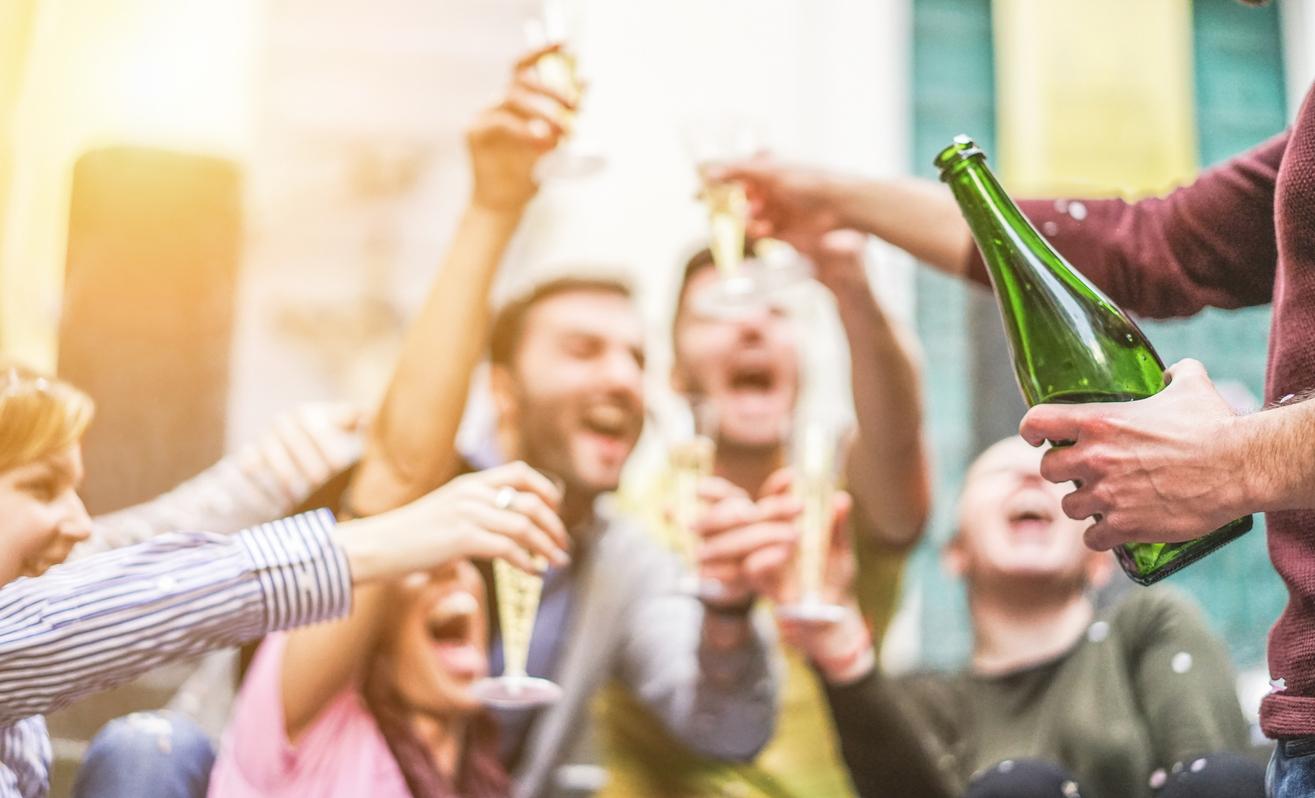
- Alcohol is the second leading cause of premature death and one of the leading causes of hospitalization in France.
- About a quarter of French people still have a consumption that exceeds the recommendations.
We know that students like to party. Whether it’s to enjoy a night out or to celebrate the end of exams, young people tend to drink alcohol often. Even if they don’t necessarily feel it at the time, the excesses accumulate over time. For several years, many cohorts have shown that excessive consumption of alcoholic beverages is harmful to our body. It can cause cognitive disorders, cardiovascular diseases or even cancers. It should therefore be drunk in moderation.
According to a recent study, it is not necessary to completely banish alcohol from your life to avoid certain health problems. To be able to control and reduce the irresistible urge to sip alcoholic beverages, it would simply be necessary to find a specific purpose in one’s life. “This research measured the correlation between neural reactivity to alcohol cues as a risk, and having life as a protective factor that may influence the link between alcohol craving and the amount of consumption”, said researchers from the University of Pennsylvania (USA).
Alcohol craving, “one of the strongest predictors of actual consumption”
For the purposes of the work, they followed the behavior and attitudes of 54 healthy students. Once a day, participants answered questions about their goals in life and each morning and evening they were asked how badly they wanted to drink and if they had consumed alcohol.
“We focused on craving for alcohol because it’s one of the strongest predictors of actual drinking. If you crave a drink, you’re more likely to. But Just because you crave alcohol doesn’t mean you’re going to go out and drink, so we wanted to know what drives consumers to drink,” said Yoona Kang, author of the study, in a statement.
As part of this research, the young volunteers had to perform an MRI. The authors analyzed their brain activity while looking at photos of beer, wine or people clinking glasses at a party. “We looked at activity in the ventral striatum, a region of the brain involved in reward and associated with cravings,” specified the scientists.
Our goals impact how we think and act
According to the results, published in the journal Addiction, students whose brains showed greater neural reactivity when seeing pictures of alcohol, were more likely to actually drink alcoholic beverages after cravings. In contrast, people who had a purpose in life were less likely to use it after seeing the images.
“Feeling that one’s life is guided by values and goals can have powerful effects on the way people think and behave. (…) Students are in a formative period where they learn norms around drinking alcohol and establish their own habits that will affect their health later in life”, explained Yoona Kang. According to the team, more research needs to be done to ensure that these results can be generalized to people who are not students.




